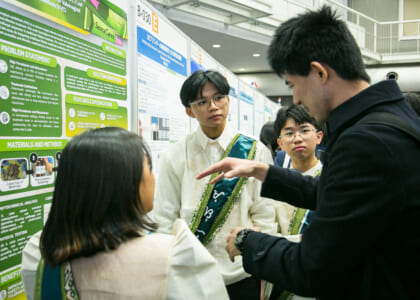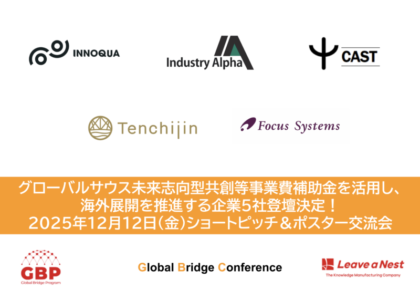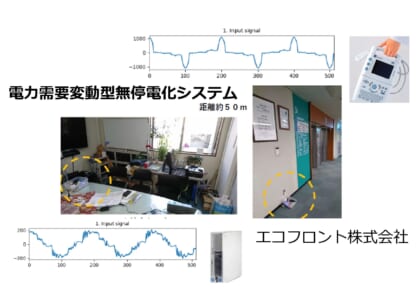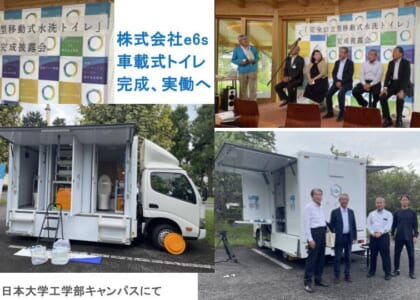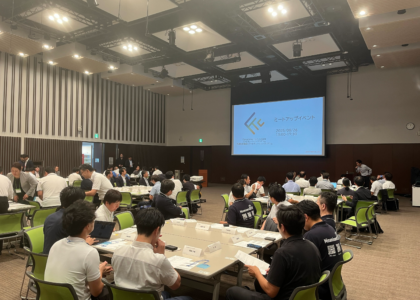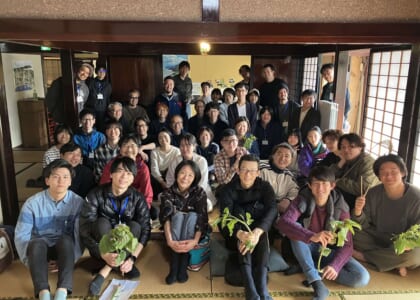by deep technology
for future generations
VISION
Establish a flexible and tolerant social system
that can be valuable for both daily and emergency.
In recent years, it has become clear through various disasters that the current social system is vulnerable to "unexpected" risks because it pursues efficiency. This is not limited to disasters, but is an issue facing all current social systems in their pursuit of large-scale expansion and efficiency.
In this project, we aim to "Establish a flexible and tolerant social system that can be valuable for both daily and emergency" together with a group of deep-tech startups and partner companies with various assets.
BUSINESS
SOLUTION
Business Solutions
PARTNER
The LVNS RESILLIENCE PROJECT involves multiple companies and institutions working together by forming teams.
















